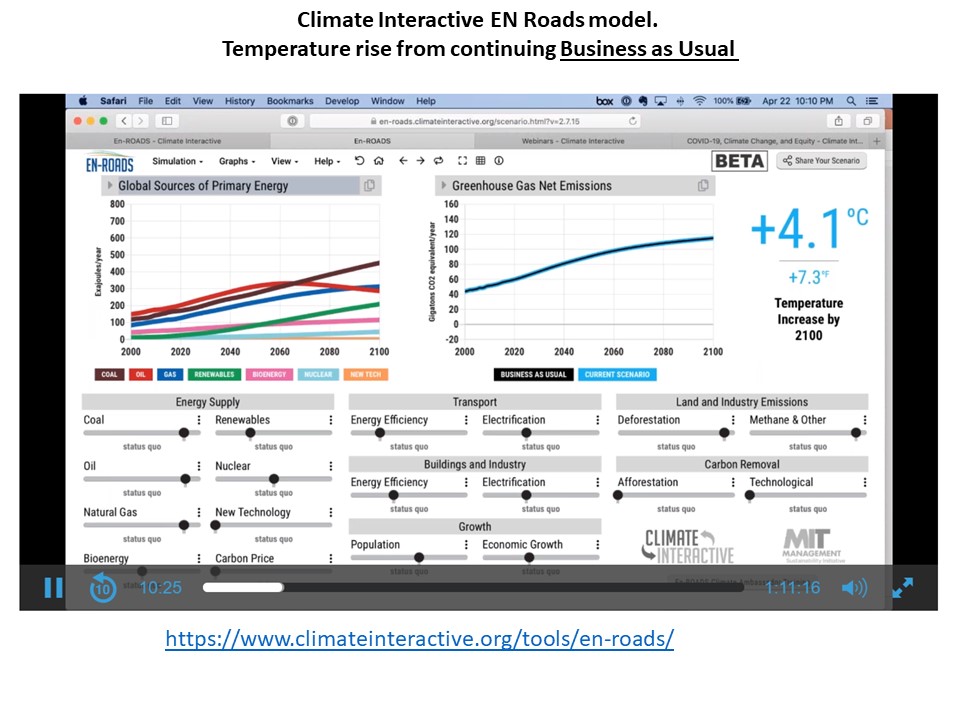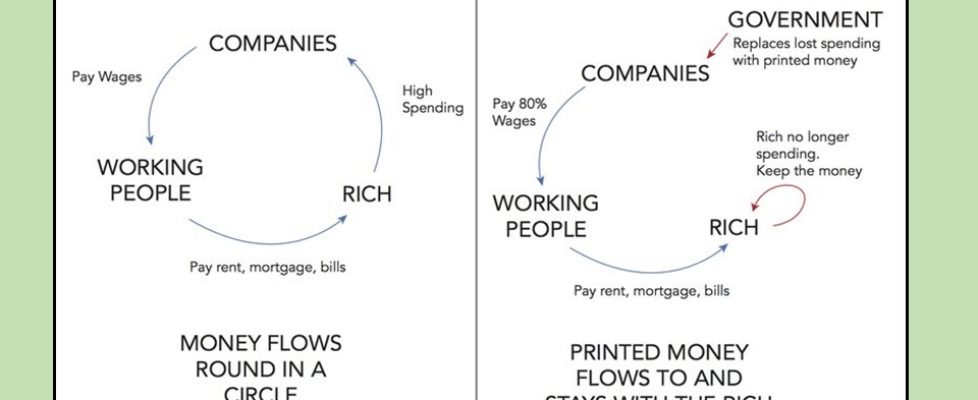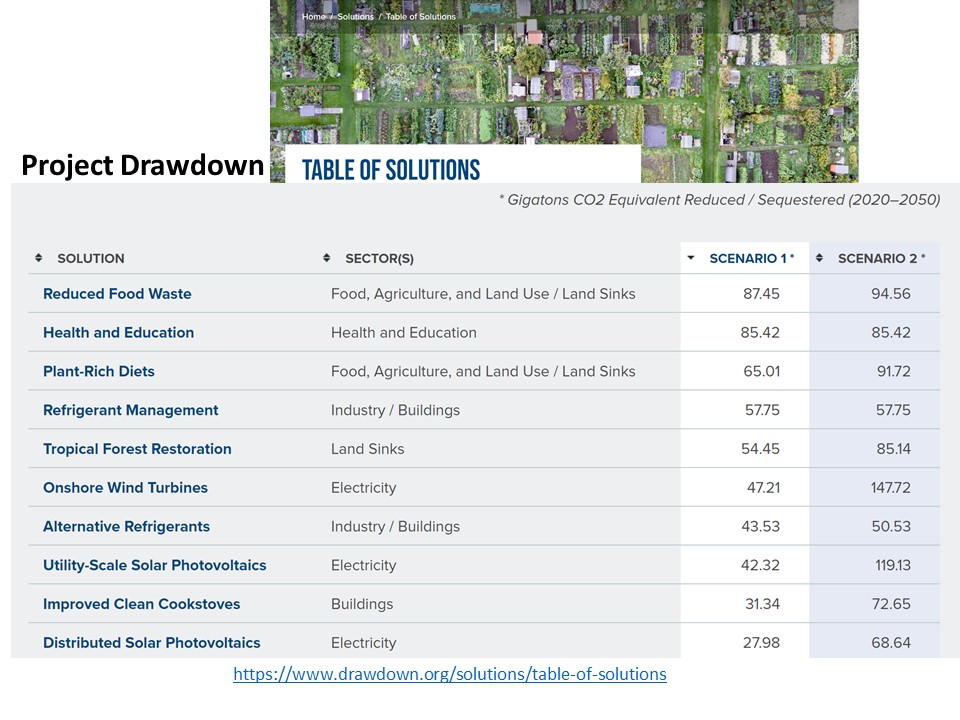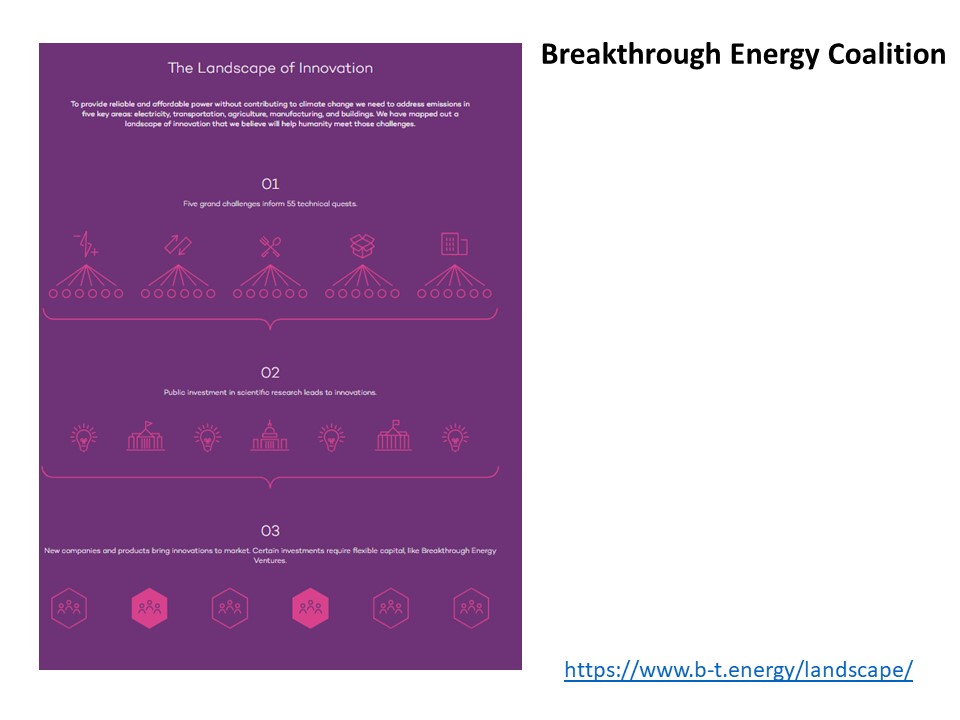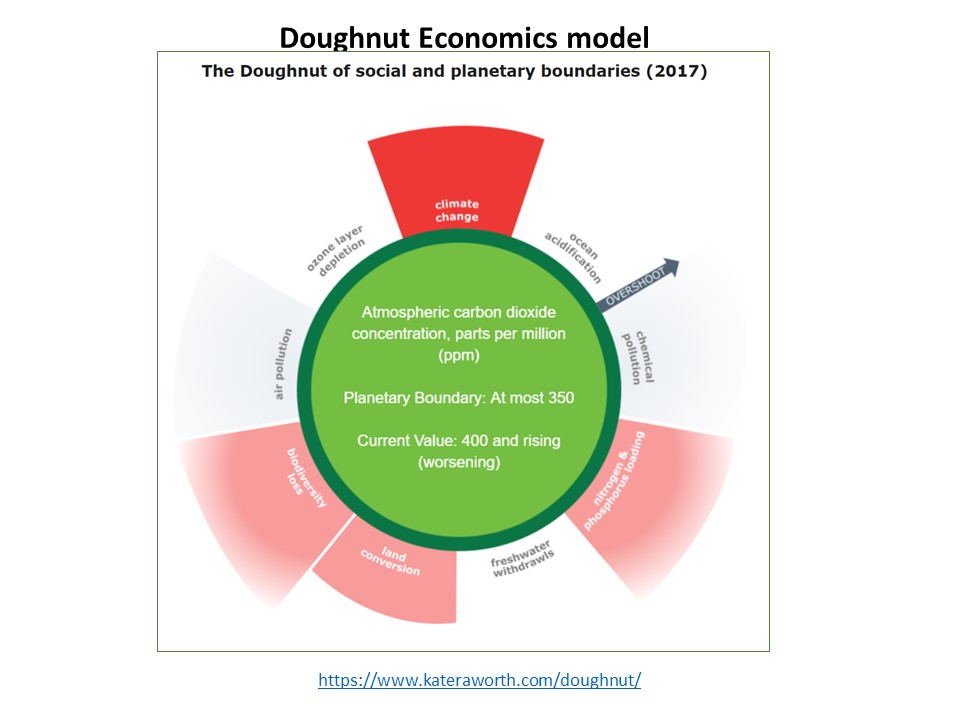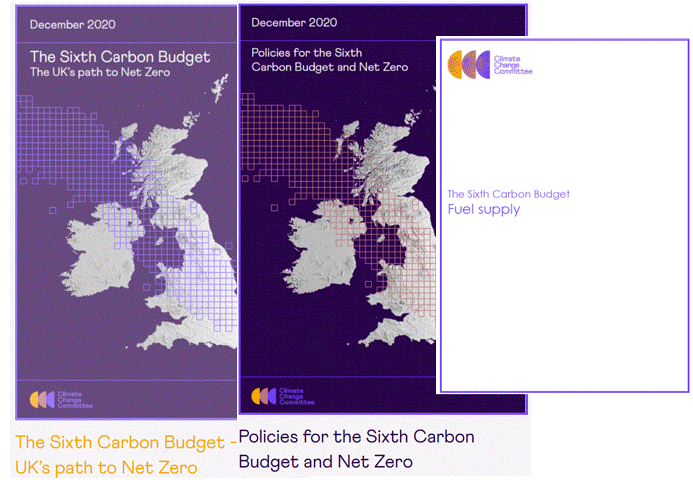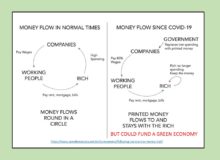1.Hope and Action podcast 28th March 2020 (30mins) https://www.youtube.com/watch?v=_QaelxWsxG4&feature=youtu.be Ann Pettifor, a founding member of Green New Deal group. Explaining how the current financial and economic system works, skewed to the rich and to American dollars.
2.New Economics Foundation podcast – The coronavirus crisis 9th April 2020https://youtu.be/mU8-A2x1aAI (40 mins) with NEF CEO Miatta Fahnbulleh, NEF’s head of economics Alfie Stirling and economist and author Ann Pettifor.
- Capitalism can’t cope with a pandemic. Catastrophic deep depression
- Finance sector is screwed.
- Need terms and conditions for bail out.
- Keynes had said reserve currency should be independent (co-operation)
3.How coronavirus almost brought down the global financial system Guardian 14th April 2020 http://gu.com/p/dkvyf “Never before has the global economy suffered a shock of this scale all at once. In the US alone, at least 17 million people have lost their jobs in the last three weeks. A severe global recession is now inevitable.”
“at the heart of the profit-driven, private financial economy is a public institution, the central bank.”
“the global financial system is hierarchical. At the apex stands the US Federal Reserve. The ECB, the Bank of Japan, the Bank of England and their advanced-economy counterparts all enjoy the Fed’s direct support.”
“in the panic that began on 9 March.. the price of shares and bonds were collapsing together what they wanted most of all were dollars.”
“the Fed was also acting as a provider of dollar liquidity to the world economy. In the UK, too, the Treasury and the Bank of England were working closely to link the huge increase in government spending to efforts to stabilise financial markets.”
“The World Bank is warning of a devastating setback to the economies of Nigeria, Angola and South Africa, along with the rest of sub-Saharan Africa. Almost half the countries in the world – more than 90 so far – have been forced to apply to the IMF for financial assistance.”
4.Don’t be fooled: Britain’s coronavirus bailout will make the rich richer still 13th April http://gu.com/p/djazy Where is all this money coming from – and where is it ultimately going?
“The answer lies principally in a massive expansion of debt. Wage support is being funded by large-scale public borrowing of the kind we were told was unaffordable just a few months ago (although this is now being supplemented by direct financing with newly created money from the Bank of England). Yes, this could usher in a new era of state intervention – but it could just as easily herald a new era of austerity.”
“The only people in society not being asked to share the burden are “rentiers”: those who make money by owning assets they can charge others to use.”
“most support has been chanelled through banks, landlords, employers and utility firms – with government simply trusting them to benignly pass it on. This is at best naive and at worst irresponsible.”
5.The Coronavirus Magic Money Tree trail Open democracy 27th March 2020 https://www.opendemocracy.net/en/oureconomy/following-coronavirus-money-trail/ “At a basic level, the government has created new money to replace the lost spending of the rich, so that working people can continue to pay their bills to the rich. The new money that has been created by central banks ends up accumulating in rich individuals’ bank accounts ” ie the companies below.
Covid Corporate Financing Facility beneficiaries – carry on polluting with support from taxpayers (p9)
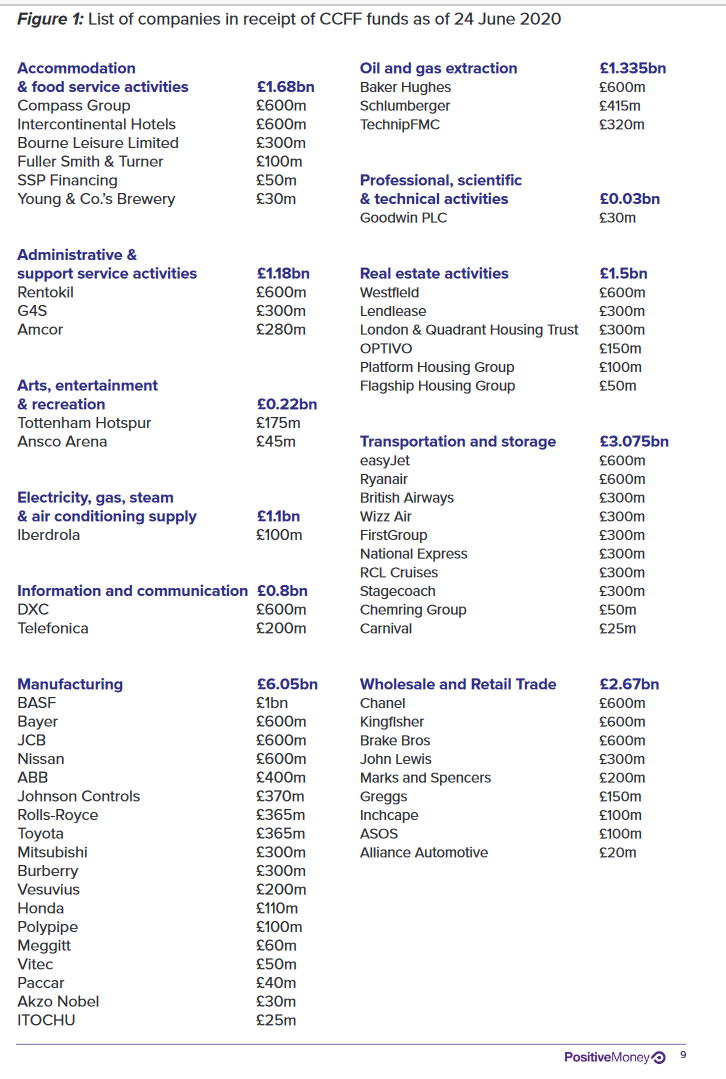
6.Addressing climate change in post-pandemic world McKinsey April 2020 https://www.mckinsey.com/business-functions/sustainability/our-insights/addressing-climate-change-in-a-post-pandemic-world “can the world afford to pay attention to climate change and the broader sustainability agenda at this time? Our firm belief is that we simply cannot afford to do otherwise.”
“current pandemic provides us perhaps with a foretaste of what a full-fledged climate crisis could entail in terms of simultaneous exogenous shocks to supply and demand, disruption of supply chains, and global transmission and amplification mechanisms.”
“In climate change as in pandemics, the costs of a global crisis are bound to vastly exceed those of its prevention.”
“climate action could accelerate the recovery by creating jobs, driving capital formation, and increasing economic resiliency.”
7.How will the world emerge from the coronavirus crisis? Guardian 31st March 2020. https://www.theguardian.com/world/2020/mar/31/how-will-the-world-emerge-from-the-coronavirus-crisis Looking at similarities between Covid and climate emergencies and Naomi Klein’s, The Shock Doctrine “to think of this new level of state intervention as a temporary requirement is to ensure that we continue barrelling down the path to climate disaster”
“We can’t think we’re going to go ‘back to normal’, because things weren’t normal.”
8.Are the climate and coronavirus crises really so alike? Business Green 7th April https://www.businessgreen.com/blog-post/4013655/climate-coronavirus-crises-alike “Covid-19 is a dress rehearsal for climate change…”
“businesses must look beyond the profit motive; corporations, governments, and civil society must co-operate; and innovators must first imagine and then deliver a sharp break with business-as-usual.”
Disaster Impacts:
– [meat industry] further viral outbreaks, antibiotic resistance, deforestation over-fishing – ecosystem collapse
– [insurance industry] sea levels rise and mega-storms in the same year. Cities become uninsurable
– [global financial system] millions of property assets left unsellable
– [nuclear industry] the monsoons fail and Himalayan water supplies shared by three nuclear powers become unreliable
-[food production] harvests fail completely and repeatedly across North Africa, the Gulf, and Latin America
9.Covid-19 – The Low-Carbon Crisis Bloomberg NEF Liebreich: 26th March https://about.bnef.com/blog/covid-19-the-low-carbon-crisis/
Some short term effects of Covid:
– China’s manufacturing industries down by 17%
– China’s exports down 19%
– China’s car sales down 46%
– Retail demand in countries with stay-at-home orders plummeted 50% to 80%
– power demand across Europe down 15%
– many European countries closed their borders
– most airlines have cancelled over 90% of their scheduled flights
– Indian railway shut all passenger services
– Singapore is closing its borders to through traffic
– several million Americans lost their jobs
– global tourism, hospitality, fitness and live entertainment industries suspended
“the backlash could make France’s “yellow vest” protests look very tame indeed”
Way forward opportunities:
– Food delivery and online shopping cos made to invest in electric delivery only
– Switch buses, taxis, shared mobility vehicles and all publicly-owned vehicle to EVs
– Downsize and/or innovate airline industry
– Get renewables penetrated into grid
– Insulate building stock
– No bailouts for industries or businesses not viable in low carbon world
– Continue electronic communications instead of physical journeys
– Make sure the ‘bottom 50%’ benefit – or expect backlash
– Pay attention to risks caused by our financial system
10.What coronavirus can teach us about hope 7th April 2020: Rebecca Solnit referencing ‘disaster scholars’ https://www.theguardian.com/world/2020/apr/07/what-coronavirus-can-teach-us-about-hope-rebecca-solnit
“At moments of immense change, we see with new clarity the systems – political, economic, social, ecological – in which we are immersed as they change around us. We see what’s strong, what’s weak, what’s corrupt, what matters and what doesn’t.” [particularly with a proximity of death]
“The outcome of disasters is not foreordained. It’s a conflict…”
“the proximity of death in shared calamity makes many people more urgently alive, less attached to the small things in life and more committed to the big ones, often including civil society or the common good”
11.Coronavirus: What could Lifestyle changes mean for tackling climate change? Carbon Brief 31st March https://www.carbonbrief.org/coronavirus-what-could-lifestyle-changes-mean-for-tackling-climate-change? (Brief statements from a range of green writers and activists with thoughts on how the lifestyle changes brought about by the Covid-19 pandemic could affect global CO2 emissions in the short and long term.
Dr Carl-Friedrich Schleussner: “Even the most stringent responses to the climate crisis would be much less abrupt than what we are seeing now.”
12.Can We Please Apply The Coronavirus Spirit To Austerity And Climate Change? 29th March 2020 Huff Post Caroline Lucas https://www.huffingtonpost.co.uk/entry/coronavirus-government-spending-austerity-climate_uk_5e7e0cc1c5b6cb9dc19ecb95. “It has shown how governments need to work with their citizens to overcome threats or challenges. It has brought into the mainstream ideas which were once considered radical or extreme”
“the tons of medical aid sent by China to Italy with the message “we are all waves in the same sea”….”
13. 350deg petition for a Just Recovery https://350.org/just-recovery
14.Greenpeace EU Unit 23rd March 2020 https://www.greenpeace.org/eu-unit/issues/democracy-europe/2673/how-the-eus-response-to-the-covid-19-pandemic-could-make-our-society-more-resilient/ “all spending must also be in line with the Paris agreement, including energy subsidies, funding under the EU’s Common Agricultural Policy and cohesion and structural funds.”
- “Put people – not corporations – at the heart of the response to the crisis
- Sustain the planet
- Reinforce strong democracies”
15.Climate change has not gone away – COP26, net zero and the coronavirus Dieter Helm 3rd April http://www.dieterhelm.co.uk/energy/climate-change/climate-change-has-not-gone-away-cop26-net-zero-and-the-coronavirus/
“a reduction in consumption is a reduction in carbon..”
“Either the money has to be borrowed from the next generation, or there has to be a redistribution from richer customers to poorer ones.”
“climate change cannot be cracked unless we get back on a sustainable consumption path”
“the main way to offset this lower oil price effect is to raise the carbon price inversely to the falls in oil prices, and to deal with these perverse incentives with carbon border prices.”
“not to price carbon is to distort trade”
“the value of global research into viruses, and global corporation in developing vaccines and in innovative protective products”
16.Principles for a Just Recovery from Covid-19 a 350deg petition https://350.org/just-recovery petition about justice recovery after coronavirus:
Responses at every level must uphold these five principles:
1. Put people’s health first, no exceptions.
2. Provide economic relief directly to the people.
3. Help our workers and communities, not corporate executives.
4. Create resilience for future crises.
5. Build solidarity and community across borders – do not empower authoritarians.
17.The coronavirus outbreak is part of the climate change crisis Aljazeera 30th March https://www.aljazeera.com/indepth/opinion/coronavirus-outbreak-part-climate-change-emergency-200325135058077.html
“humans are harvesting the natural resources of the planet – water, fossil fuels, timber, land, ore, etc – and plugging them into an industrial cycle which puts out various consumables (cars, clothes, furniture, phones, processed food etc) and a lot of waste.”
18.Remarks by World Bank Group President David Malpass on G20 Finance Ministers Conference Call on COVID-19 David Malpass 23rd March 2020 https://www.worldbank.org/en/news/speech/2020/03/23/remarks-by-world-bank-group-president-david-malpass-on-g20-finance-ministers-conference-call-on-covid-19 “For those countries that have excessive regulations, subsidies, licensing regimes, trade protection or litigiousness as obstacles, we will work with them to foster markets, choice and faster growth prospects during the recovery.”
“calling on the G20 Leaders to allow the poorest countries to suspend all repayments of official bilateral credit until the World Bank and the IMF have made a full assessment of their reconstruction and financing needs”
19.Trump administration allows companies to break pollution laws during coronavirus pandemic Guardian 27th March https://www.theguardian.com/environment/2020/mar/27/trump-pollution-laws-epa-allows-companies-pollute-without-penalty-during-coronavirus “particular concern over air pollution emitted by industrial facilities, which are predominantly located in communities with large numbers of low-income people and people of color “
“oil refineries will not be compelled to report on and reduce their carcinogenic benzene emissions”
20.What does ‘national defence’ mean in a pandemic? It’s no time to buy fighter jets George Monbiot 8th April https://www.theguardian.com/commentisfree/2020/apr/08/national-defence-corona-pandemic-fighter-jets “We now know that both the UK and US governments ignored warnings about the potential scale and impacts of pandemics, and failed to invest in genuine national defence…. “
“They attend, lavishly and zealously, to imaginary threats, while neglecting real ones.” [Pentagon 2017 pandemic plan on scribd]
21. After the Apocalyse. Alan Simpson https://www.climateinteractive.org/tools/en-roads/ “Trump and a legion of corporate deregulators are already seeking to kill off such transformative thinking before the debate even starts. Their rationale is simple: kill the public if you must, just don’t kill off the corporate profits. It is the zero-sum game humanity cannot afford to lose.”
22. April Intergovernmental Dialogue from Berlin
https://www.bmu.de/en/petersberg-climate-dialogue-xi/#c45497 should have been preparation for COP26 in November, but deferred due to Covid. The link has links to talk from Angela Merkel, Dominic Raab, Lord Nicholas Stern, Antonio Guterras, Svenja Schulze and Sharan Burrow.
